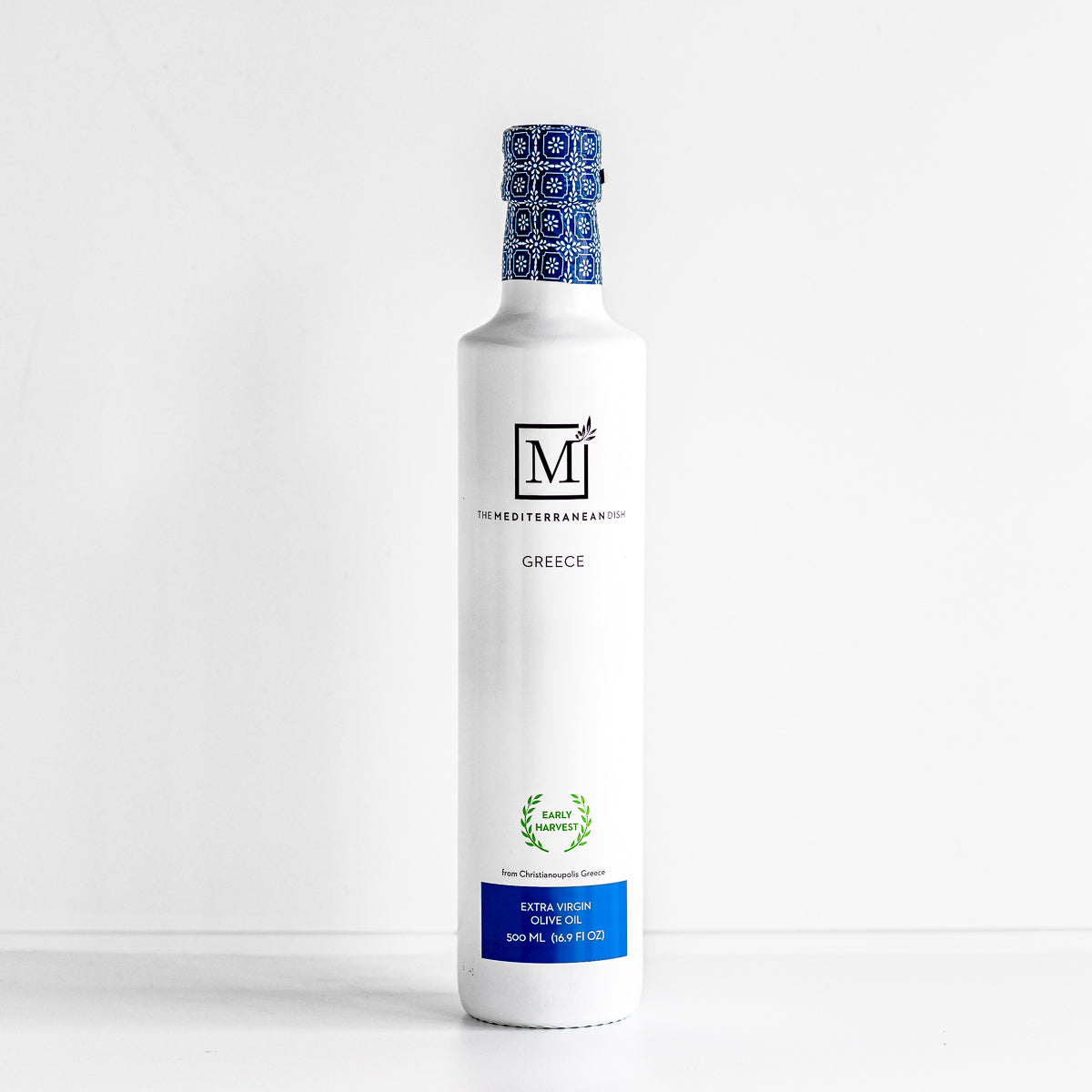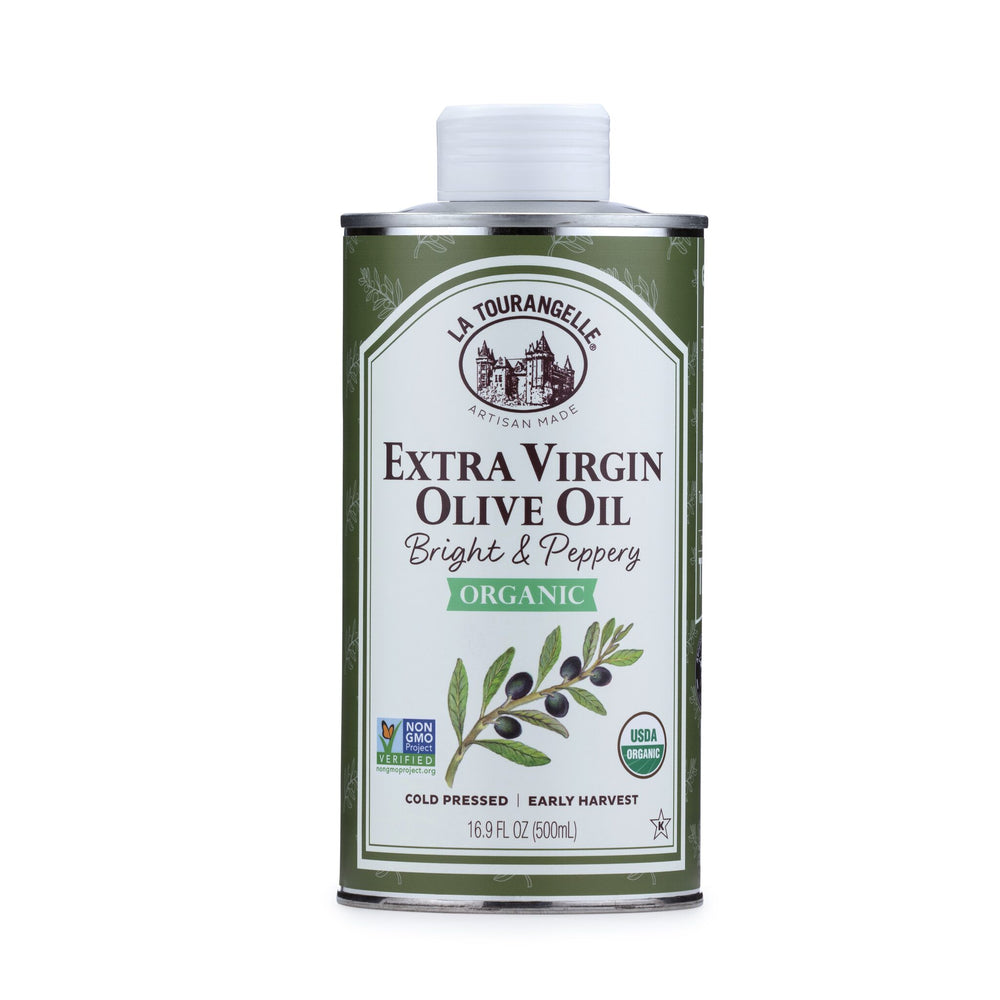Exploring the Various Sorts Of Olive Oil and Their Uses, Consisting Of Additional Virgin Olive Oil
The exploration of olive oil includes a varied range of types, each offering culinary applications and unique flavors. Bonus virgin olive oil, renowned for its exceptional quality and wellness advantages, offers as a staple in several kitchen areas, yet it is only one aspect of this diverse component.
What Is Olive Oil?
Acquired from the fruit of the olive tree, olive oil is a staple in Mediterranean food and a vital component in various cooking applications. This functional oil is created by pushing entire olives, leading to a fluid that varies in flavor, aroma, and color relying on the kind of olives used, the region of cultivation, and the removal process. Olive oil is mostly composed of monounsaturated fats, especially oleic acid, which is known for its prospective health benefits, consisting of anti-inflammatory properties and cardiovascular assistance.
In enhancement to its culinary usages, olive oil has a long background of application in typical medicine and skin care, owing to its rich antioxidant web content (extra virgin olive oil benefits). The oil is commonly made use of in dressings, marinates, and for cooking techniques such as sautéing and roasting. Its unique flavor profile can enhance the preference of numerous meals, making it a necessary component for both home cooks and professional cooks
Additionally, olive oil is celebrated for its function in the Mediterranean diet plan, which is connected with many health and wellness benefits. As recognition of these advantages grows, olive oil remains to get popularity worldwide as a basic component of a healthy way of life.
Types of Olive Oil
Recognizing the different kinds of olive oil is crucial for both health-conscious consumers and culinary lovers. Olive oil is classified largely based upon its extraction technique and top quality, which substantially influences its health, flavor, and fragrance advantages.

Light olive oil, regardless of its name, refers to a lighter taste and not reduced calories. It is ideal for those looking for a much more refined preference in dressings and marinates. In addition, there are flavored olive oils infused with herbs, seasonings, or citrus, which can enhance dishes without the requirement for extra spices.
Each sort of olive oil serves details cooking objectives, and comprehending these differences permits consumers to make educated options that straighten with their food preparation styles and health objectives.
Bonus Virgin Olive Oil
Additional virgin olive oil (EVOO) is commonly considered as the finest olive oil available, celebrated for its abundant flavor and various wellness advantages. To be identified as added virgin, the oil has to be produced from fresh olives using mechanical processes, without the use of solvents or extreme heat. This careful method maintains the oil's natural flavors, anti-oxidants, and healthy fats, resulting in an item with a low acidity degree of much less than 0.8%.
EVOO is bountiful in monounsaturated fats, especially oleic acid, which is linked to minimized swelling and enhanced heart health. It also includes polyphenols, effective antioxidants that may offer safety results against chronic conditions. The flavor profile of EVOO can differ considerably relying on the olive variety and area of production, varying from grassy and fruity to durable and sharp.

Culinary Uses of Olive Oil

In cooking, olive oil can be used for sautéing, toasting, and barbecuing, providing a healthier choice to butter or other fats. Its high smoke factor makes it suitable for numerous cooking techniques, while its anti-oxidants contribute to a heart-healthy diet plan. Showering olive oil over ended up recipes, such as pasta, fish, or smoked veggies, can boost flavors and include a touch of elegance.
In addition, olive oil plays a significant role in cooking, where it can change traditional fats in dishes for bread and breads, giving dampness and a refined preference. It additionally works as a base for instilled oils, permitting cooks to experiment with tastes such as garlic, natural herbs, or chili, additionally expanding its culinary potential. Generally, olive oil's convenience makes it crucial in both home and professional cooking areas.
Picking High Quality Olive Oil
When choosing high quality olive oil, it's important to consider a number of essential factors that affect the item's wellness, fragrance, and flavor advantages. Opt for additional virgin olive oil (EVOO), which is derived from the initial cool pushing Get More Info of olives and has the greatest degrees of anti-oxidants and useful substances. Search for oils that are accredited by identified organizations, as this commonly ensures adherence to rigid quality standards.
The packaging additionally plays a considerable function in preserving the oil's stability. Pick oils saved in dark glass containers or tins to safeguard against light degradation. Take note of the harvest day; fresher oils use premium taste and dietary worth, so choose items that are within 18 months of their harvest.
Additionally, consider the beginning of the oil. Top notch olive oils typically originate from specific regions recognized for their distinctive taste profiles, such as Italian, Spanish, or Greek oils. Lastly, be mindful of the preference; a top quality olive oil ought to have a balance of fruity, bitter, and sharp notes, indicating its richness and intricacy. By examining these variables, you can guarantee you are picking the most effective olive oil for your culinary requirements.
Conclusion
In summary, the exploration of various kinds of olive oil reveals unique features and applications, with added virgin olive oil standing for the peak of quality due to its low acidity and high antioxidant content. Its convenience in cooking uses enhances tastes in dressings, marinates, and showers. Comprehending the different varieties of olive oil enables for notified selections in food preparation methods, advertising healthier techniques while improving the overall gastronomic experience. Quality selection remains critical for optimum advantages.
Acquired from the fruit of the olive tree, olive oil is a staple in Mediterranean food and a crucial component in numerous culinary applications.The most typical kinds of olive oil consist of refined olive oil, pure olive oil, and light olive oil.Bonus virgin olive oil (EVOO) is extensively regarded as the highest high quality olive oil available, well known for its abundant flavor and various health benefits. Opt for extra virgin olive oil (EVOO), which is acquired from the initial chilly pushing of olives and consists of the highest that site degrees of antioxidants and advantageous compounds.In recap, the expedition of different types of olive oil reveals unique attributes and applications, with extra virgin olive oil standing for the peak of quality due to its reduced acidity and high antioxidant web content.